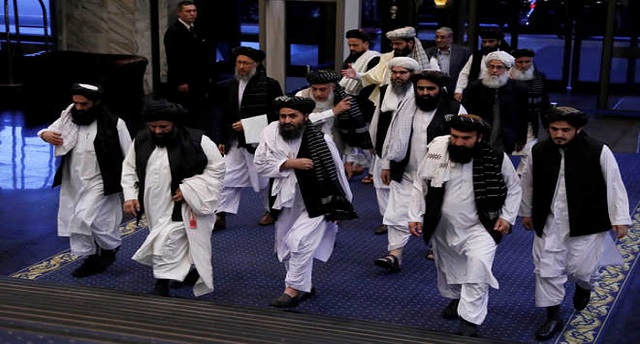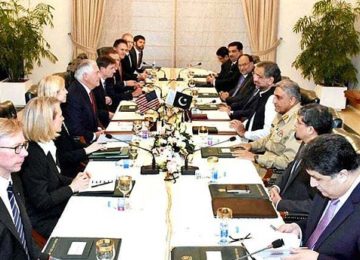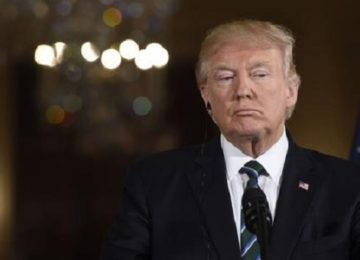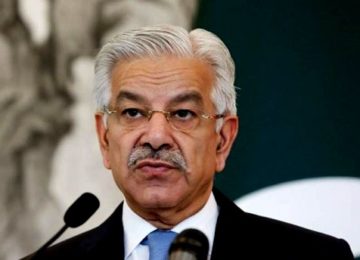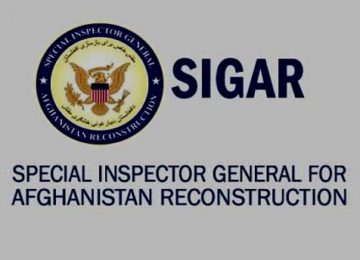July 29, 2019
The Afghan Taliban on Sunday July 28, 2019 ruled out direct negotiations with the Kabul administration, saying that intra-Afghan talks would be started with all sides after announcement of a timeframe for the withdrawal of foreign troops.
The announcement was made by Taliban spokesman Suhail Shaheen a day after an Afghan official announced that direct talks with the Taliban would start within two weeks and that the government was in the process of forming a 15-member team.
“To clarify, those negotiations will occur after we conclude our own agreements and they will take place between the Taliban and an inclusive and effective national negotiating team consisting of senior government officials, key political party representatives, civil society and women,” Khalilzad said in a tweet.
Several countries, including Uzbekistan, Norway, China, Japan and Germany, have offered to host intra-Afghan talks, according to Taliban leaders. Moscow has hosted two and Qatar one intra-Afghan conferences since February.
Meanwhile, the Taliban inducted more members in the political negotiations team to make it more authoritative ahead of the resumption of peace talks with the United States, a Taliban official said on Sunday.
He said Taliban chief Maulvi Haibatullah had issued a directive to include five more members in the team, raising its member to 19.
Two members of the Taliban’s powerful leadership council are among the newly inducted officials. Now a total of six leadership council members are part of the political team, which is headed by Mullah Abdul Ghani Baradr, chief of the political office.
The new members are Qari Deen Muhammad, member of the leadership council and former minister of planning and minister of higher education under the Taliban regime; Muhammad Zahid Ahmadzai, member of the leadership council and former visa counsellor at Afghan Embassy in Islamabad; Maulvi Jan Muhammad Madni, former head of the Ministry of Foreign Affairs in Kandahar and later the chargé d’affaires at the Taliban Embassy to the UAE; Suhail Shaheen, spokesman for the Taliban political office and a senior leader; and Syed Rasool Haleem, according to the Taliban official.
He explained that induction of more professional and experienced members – like former diplomats and Taliban government’s officials – was aimed at making the negotiation team more authoritative.
Some of the members had been familiar with the dialogue process and have experience in political affairs. Some of them had been previously part of the negotiation team but when a new 14-member team was announced in February this year, they were excluded just to accommodate new people from known families.
Mullah Omar’s brother Mullah Abdul Manan Akhund, Taliban deputy chief Siraj Haqqani’s brother Anas Haqqani, and son of mujahideen leader Younas Khalis, Maulvi Muti ul Haq, were given representation in the negotiations team in February. Anas is presently languishing in a jail in Afghanistan. He was detained by the American security officials in Bahrain after he visited Qatar in October 2014. He was accompanied by another Taliban leader, Hafiz Rashid, who had gone to Qatar to meet five Taliban leaders who had been freed from Guantanamo prison. They were later handed over to the Afghan authorities.
The Taliban political representatives and American officials are set to resume seventh round of negotiations in coming days to “discuss certain final pints,” according to a Taliban official. He did not offer more comments; however, Taliban officials insist that both sides had differences over a timeframe for the withdrawal of foreign forces.
American peace envoy Zalamy Khalilzad, who is currently in Kabul, has urged the Afghan leaders to constitute an authoritative negotiations team for the official intra-Afghan dialogue that could begin after the Taliban and the United States reach a peace deal.
The author Tahir Khan is a distinguished member of CRSS’ Pakistan Afghanistan Track 1.5/II initiative Beyond Boundaries.
Source: Daily times
Disclaimer: Views expressed on this blog are not necessarily endorsed or supported by the Afghan Studies Center and Center for Research and Security Studies, Islamabad.



